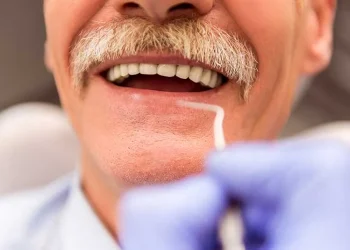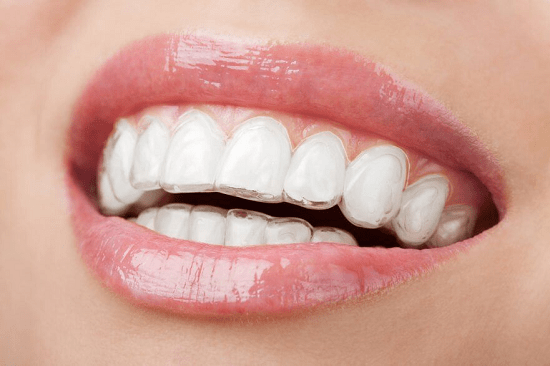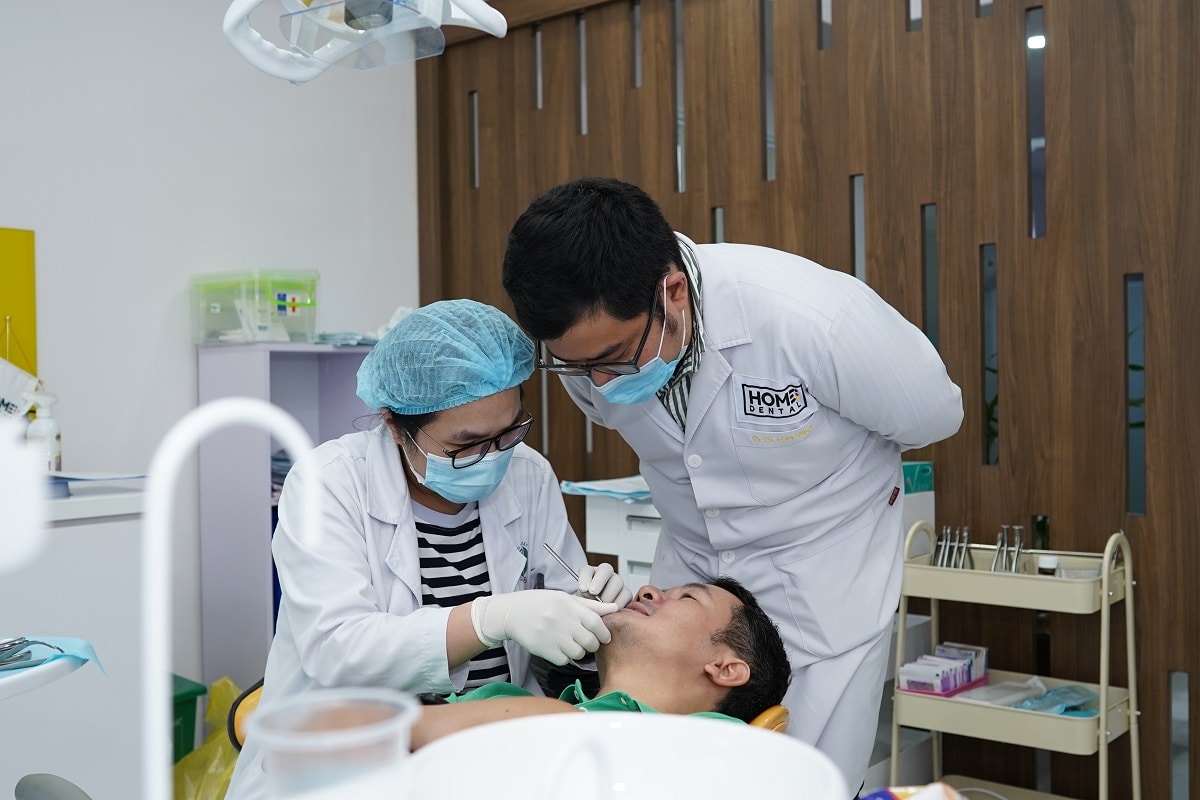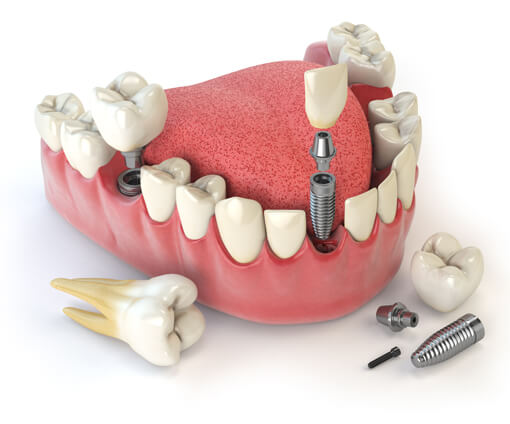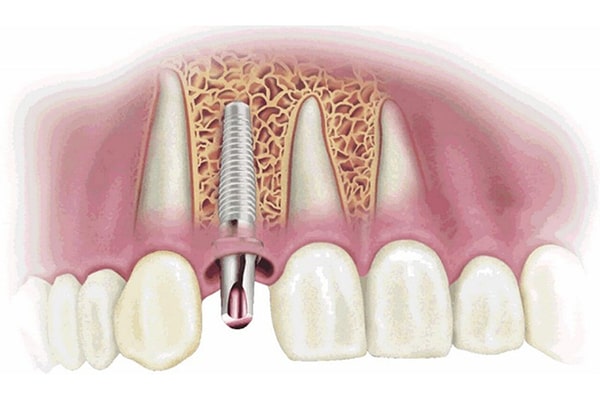Contents
Diet Advices For You After Dental Implant Surgery
Dental implant surgery is a major dental procedure that requires proper post-operative care to ensure that the implant heals effectively. One of the most important aspects of post-operative care is your diet. It is important to eat the right foods after your dental implant surgery to promote healing and prevent any complications.

What to Eat After Dental Implant Surgery
Soft Foods
After your dental implant surgery, it is important to follow a post-surgery care routine to ensure proper healing and avoid any complications. One of the most crucial aspects of this routine is diet. You should stick to soft foods for the first few days as hard and crunchy foods can put too much pressure on the implant site, causing discomfort and even damaging the implant. However, it is important to ensure that you are still receiving proper nutrition during this time.
Luckily, there are plenty of delicious and nutritious soft foods that you can enjoy. Mashed potatoes are a great option as they are easy to chew and swallow. Scrambled eggs are another soft food that is packed with protein and nutrients. Smoothies can be a great way to get a variety of nutrients in one easy-to-digest package. And don’t forget about soups – they are not only easy to eat, but they can also be a great source of vitamins and minerals.
Nutritious Foods
While sticking to soft foods is important, it is equally important to eat nutritious foods that promote healing and provide your body with the nutrients it needs to recover. Eating a balanced diet that includes a variety of fruits, vegetables, whole grains, and lean proteins can help support your immune system and reduce inflammation. In addition to foods that are rich in vitamins and minerals like calcium, vitamin C, and vitamin D, you may also want to consider adding foods that are high in protein and healthy fats to your post-operative diet.
Some great sources of protein include chicken, fish, tofu, lentils, and beans. These foods can help support the growth and repair of tissues in your body. Additionally, incorporating healthy fats like avocados, nuts, and olive oil into your diet can help reduce inflammation and promote healthy cell function.
Remember, it is important to stay hydrated during the healing process as well. Drinking plenty of water can help keep your mouth and body hydrated, which can aid in the recovery process. Other beverages like herbal tea and coconut water can also be beneficial for their anti-inflammatory properties.
Foods such as leafy greens, yogurt, salmon, and citrus fruits mentioned earlier are all great options as well to incorporate into your post-operative diet. By including a variety of these nutritious foods in your diet, you can support your body’s natural healing processes and promote a speedy recovery.
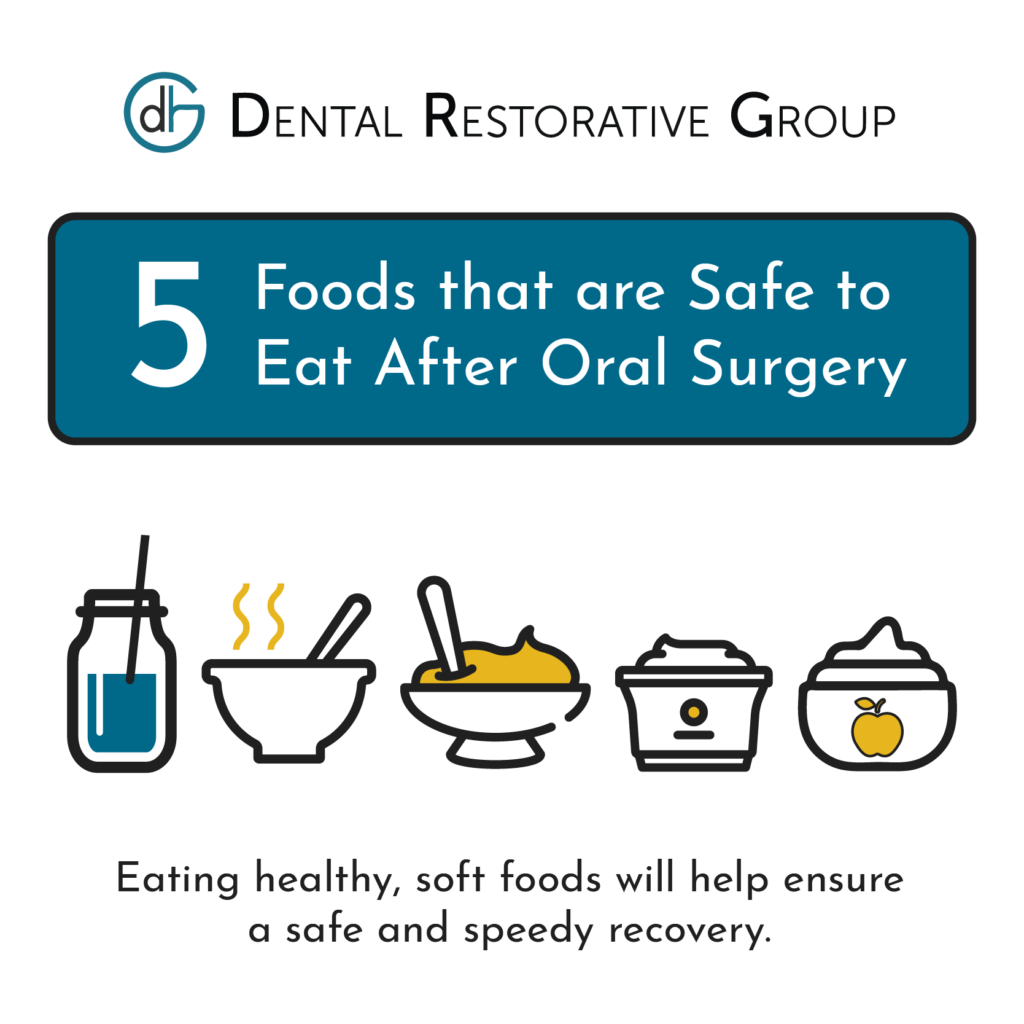
What to Avoid After Dental Implant Surgery
Hard and Crunchy Foods
One of the most important things to avoid after dental implant surgery is hard and crunchy foods. Hard foods like nuts, popcorn, and hard candy can put too much pressure on the implant site, causing discomfort, and even damaging the implant. Crunchy foods like chips and crackers can also be problematic as they can get stuck in the implant site and cause irritation.
Sticky and Chewy Foods
Sticky and chewy foods are another type of food to avoid after dental implant surgery. Foods like caramel, taffy, and chewing gum can stick to the implant site and cause irritation. Additionally, these types of foods can put too much pressure on the implant site, which can slow down the healing process.
Spicy Foods
After dental implant surgery, it is important to avoid consuming spicy foods. This is because spicy foods can cause inflammation and irritation in the mouth, which can ultimately slow down the healing process. As a result, it is recommended to stay away from foods that contain any type of spice, including hot sauces, chili peppers, and cayenne pepper.
In addition to delaying the healing process, consuming spicy foods can also be quite painful if the implant site is still sore. This can make it difficult to eat and drink, which can in turn result in poor nutrition and dehydration.
Extremely Hot or Cold Foods
Patients should avoid consuming extremely hot or cold foods for the first few days after dental implant surgery. This is because the implant site may still be sensitive and consuming very hot or cold foods can cause discomfort and irritation. It is best to stick to lukewarm or room temperature foods during this time.
Alcoholic Beverage
After dental implant surgery, it is highly recommended to avoid alcohol for a certain period of time. This is because alcohol consumption can have negative effects on the healing process, leading to complications such as bleeding and swelling at the implant site. Additionally, alcohol consumption can increase the risk of infection, which can lead to further complications and prolong the healing process. Therefore, it is important to follow the post-operative instructions provided by your dentist or oral surgeon, which may include a period of abstinence from alcohol.
Carbonated Drink
After getting a dental implant, it is advisable to avoid drinking carbonated beverages. Carbonated drinks have high levels of acidity, which can lead to the corrosion of the implant and weaken the surrounding bone area. In order to ensure a successful implantation, it is important to avoid any food or drinks that can compromise the integrity of the implant. Instead, it is recommended to drink plenty of water and other non-acidic fluids, such as herbal teas or plain milk. Additionally, it is also important to maintain good oral hygiene by regularly brushing and flossing your teeth, as well as scheduling regular check-ups with your dentist to ensure the longevity of the implant.
Standard Diet for Each Stage of the Healing Process after Dental Implant
Within the First 24 Hours
After the surgical procedure, it is important for patients to follow certain guidelines to aid in their recovery process. During the first hour, patients are advised to refrain from eating any food to allow the body to settle and adjust after the operation. Additionally, it is highly recommended to minimize all chewing activities to prevent any accidental damage to the wound. Following the first hour, patients can start consuming diluted food, such as soups or broths, to provide the body with the necessary nutrients for healing. However, it is important to avoid touching the wound as much as possible and to minimize food adhesion to prevent potential infection or complications. It is also recommended to stay hydrated by drinking plenty of water or clear fluids throughout the recovery process.
2 – 3 Days After Dental Implant
At this stage, it is important to understand that the implant site is entering the healing phase, which is a critical period of the overall implant process. While the first day post-surgery is crucial in setting the foundation for the rest of the healing period, it is equally important to maintain a consistent diet throughout the rest of the process.
In fact, one should consider adding more vegetables and juices to their diet to ensure that they are receiving all of the necessary nutrients that their body needs to properly heal. This is because the healing process can be taxing on the body, and it is important to provide it with ample resources to combat the stress.
Additionally, it is essential to avoid consuming any tough, hard, excessively cold, or hot foods during this phase. Doing so can complicate the healing process and potentially lead to complications, which is why it is crucial to be mindful of what one is consuming. By maintaining a healthy diet and avoiding certain foods, individuals can ensure a successful and uneventful healing phase.
The Next 2 Weeks
After a standard diet in the first few days, the wound will gradually stabilize and the pain will diminish, making the patient feel more comfortable. During this time, it is important for patients to continue consuming soft foods that are easy to chew. These foods will not only help the patient feel more comfortable, but will also aid in the healing process. Furthermore, it is important to note that the wound has only healed on the outside and is not yet fully compatible. Patients should therefore be cautious and avoid using their tongue, hands, or any other objects to touch the implant position. Additionally, patients should continue to monitor the implant site for any signs of infection or discomfort. If any issues arise, it is important to contact your healthcare provider immediately to ensure proper care and treatment.
Proper post-operative care is crucial for the success of your dental implant surgery. Eating the right foods after your surgery can help promote healing and prevent any complications. Stick to soft and nutritious foods for the first few days after your surgery. Avoid hard, crunchy, sticky, and spicy foods as These types of foods can put too much pressure on the implant site, cause irritation, and slow down the healing process. If you have any questions or concerns about your post-operative diet, consult with your dentist.


